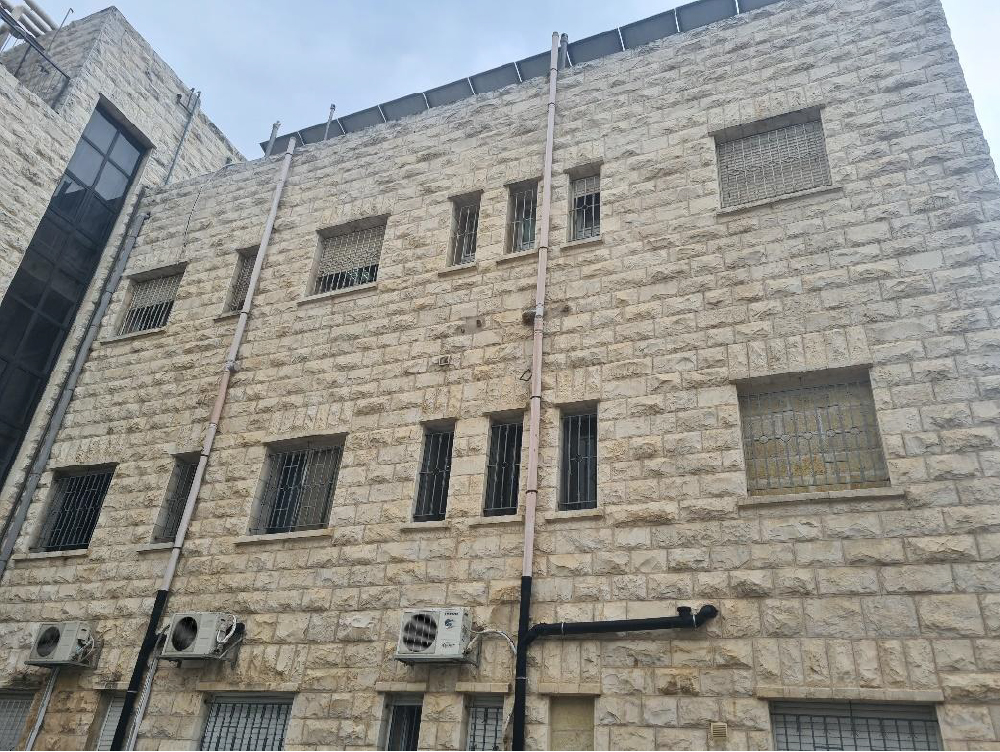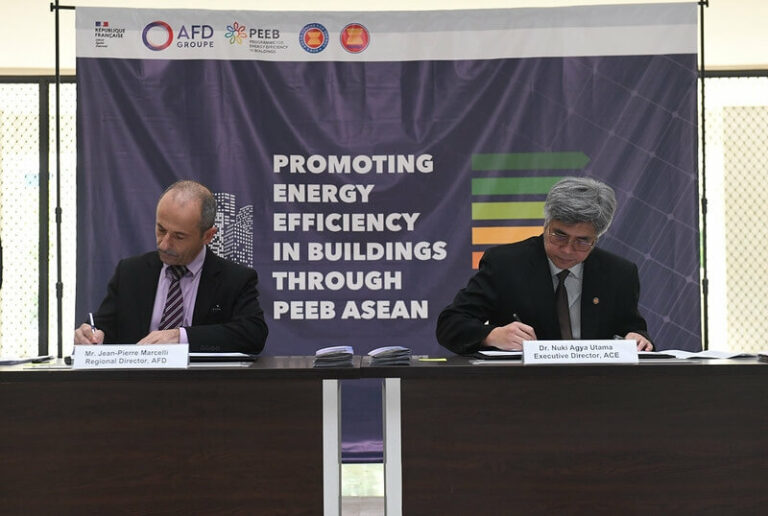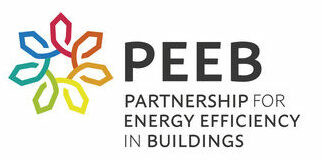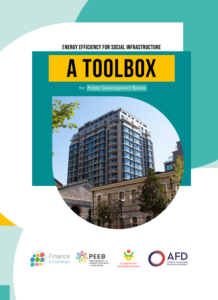PEEB ASEAN
A partnership for sustainable buildings in Southeast Asia
CONTEXT
Buildings and construction contribute significantly to global carbon emissions, with ASEAN countries alone responsible for more than 20% of global energy-related CO2 emissions. Rapid urbanization and economic growth in the region are driving a sharp rise in energy demand, particularly for cooling, which is expected to quadruple by 2050 (IEA, 2018).
As temperatures rise and climate impacts intensify, ASEAN countries face the dual challenge of developing infrastructure while reducing emissions and adapting to a changing climate. PEEB ASEAN’s mission is to support Southeast Asian nations in transforming their building and construction sectors by promoting energy-efficient, resilient, and sustainable building practices.
PARTNER COUNTRIES
The program will benefit all ASEAN member states, with priority given to low and middle-income countries where AFD operates.
OUR WORK
PEEB ASEAN combines two main components:
1. Institutional support
- Development of recommendations to evolve public policies and regulatory frameworks
- Development of a regional digital hub to share information and raise awareness among energy stakeholders
- Capacity building for high-level political decision-makers on energy efficiency in buildings
- Implementation of tailor-made activities based on the needs of countries identified during the feasibility study
2. Investment grant & technical assistance
PEEB ASEAN offers comprehensive technical support throughout all stages of a project, from feasibility studies and architectural design to construction supervision and impact assessment. These initiatives are carried out by the AFD Group (AFD, Proparco, Expertise France) or in partnership with external organizations, ensuring alignment with the group’s activities and PEEB’s overarching goals.
To enhance project outcomes, PEEB ASEAN mobilizes international technical experts to build the capacity of local partners in developing high-energy and environmentally efficient buildings.
In addition to financing from AFD or Proparco, PEEB ASEAN can provide investment grants to further incentivize the integration of energy performance and bioclimatic design in building projects.
FINANCING
- A 2 million EUR grant to finance institutional support activities implemented by the ASEAN Centre for Energy
- A project preparation technical assistance facility of 1.5 million EUR
- An investment grant of 1.5 million EUR for projects financed by the AFD Group and its partners

EXPECTED RESULTS
PEEB ASEAN aims to support partner states in transforming the building sector and contribute to reducing the energy intensity of ASEAN countries by 32% by 2025, while working towards the ‘Net Zero Emissions’ goal.
Activities

A model hospital for health and climate
A model hospital for health and climate
📍 Saint Joseph, Palestinian Territories
🛠️ Investment Grant
In the Palestinian Territories, PEEB is supporting the renovation of St. Joseph Hospital. Hospitals are intensive energy consumers due to their high activity levels, large staff, patient and visitor numbers, and the energy demands of specialized equipment. PEEB Med is supporting this project with a €1 million grant to ensure energy-efficient upgrades aligned with climate resilience goals.
The hospital’s energy consumption is expected to drop by 57%—equivalent to the annual consumption of roughly 405 Palestinian households!

Sustainable tourism and hospitality centers
Sustainable tourism and hospitality centers
📍 Tunisia
🛠️ Technical assistance
In Tunisia, PEEB supports the renovation of four tourism and hospitality training centers in Sousse Nord, Monastir, Tozeur, and Ain Draham.
PEEB Med supports the renovation of these schools by providing a technical assistance that will focus on energy efficiency. More specifically, it has conducted an energy audit and has provided recommendations for energy-efficient equipment and renovations, proposals for autonomous energy production systems, and best practices to optimize equipment use, particularly in the cold chain.
Expected impacts
people with better thermal comfort in buildings
tCO2eq saved
jobs created
News



